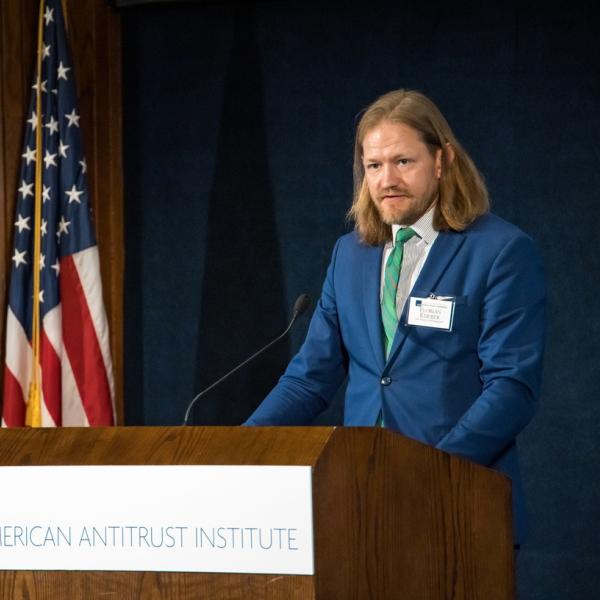Rewiring Corporate Law for an Interconnected World
Abstract
The traditional focus of corporate law is on aligning managers’ preferences with the interests of shareholders. We show that this view is premised on two assumptions that are no longer true: first, the idea that all shareholders want to maximize the net present value of the firm’s earnings per dollar invested and, second, the view that microeconomic shocks do not produce macroeconomic consequences. The rise of institutional investors undermines the first assumption: large asset managers hold the entire market and have been shown to display a preference for maximizing the value of their portfolio as a whole rather than the performance of individual companies. That is, they are portfolio, rather than firm, value maximizers. At the same time, the increasing interconnectedness of the economy, and society more broadly, undermines the second assumption. There is ample empirical evidence that microeconomic shocks to a well-identified subset of “central” firms can propagate through the existing interconnections and generate catastrophic consequences.
We argue that corporate law should reflect these features of contemporary economies. On the one hand, it should aim to ensure that noncentral firms maximize their own value, despite the rise of portfolio value maximizers. On the other hand, central firms’ corporate law should harness the preferences of portfolio value maximizing shareholders with the goal of minimizing the risk of catastrophic externalities like climate change or financial crises. We develop a framework to guide policymakers in the pursuit of this new, fundamental conception of corporate law and illustrate how this rewiring of corporate law could work out by taking ownership disclosure rules as an example.








